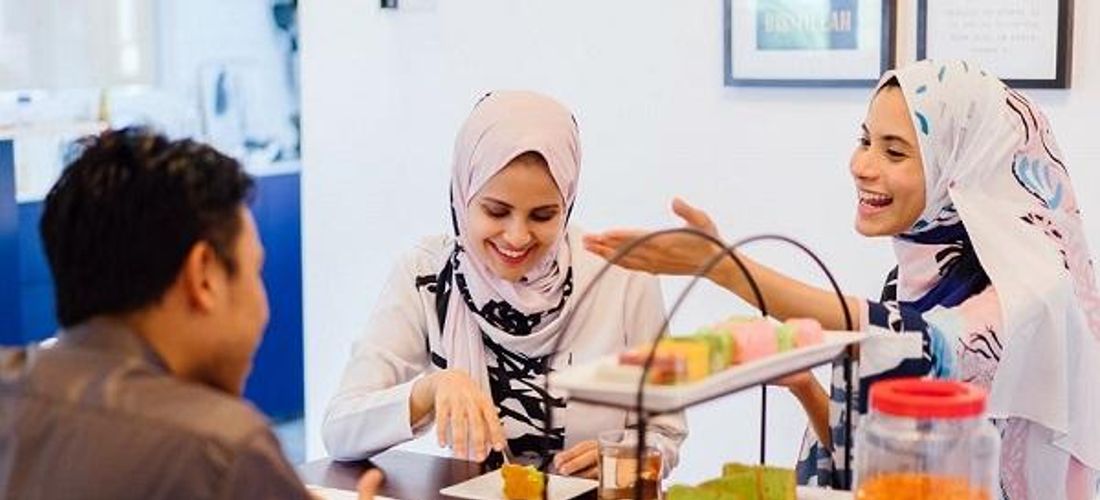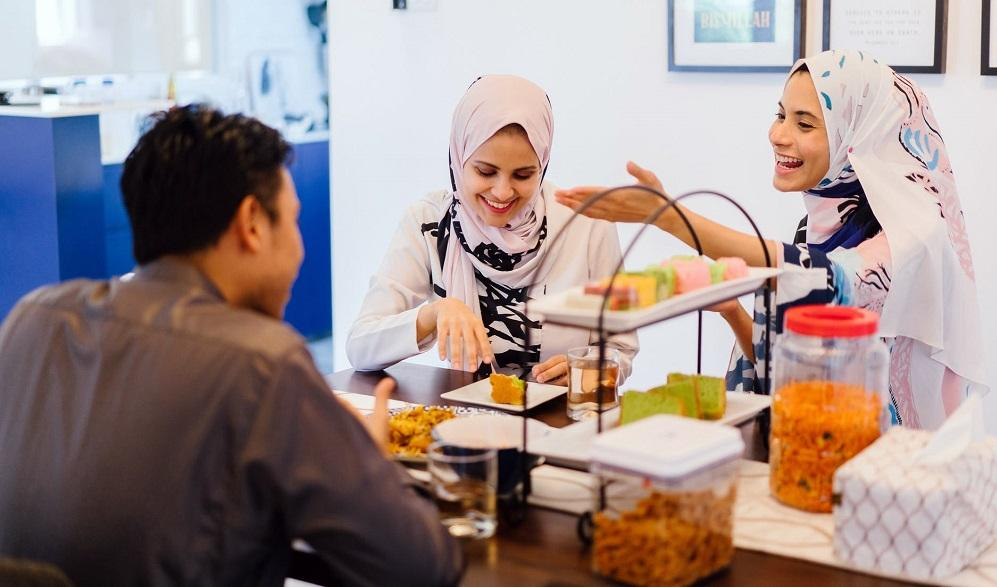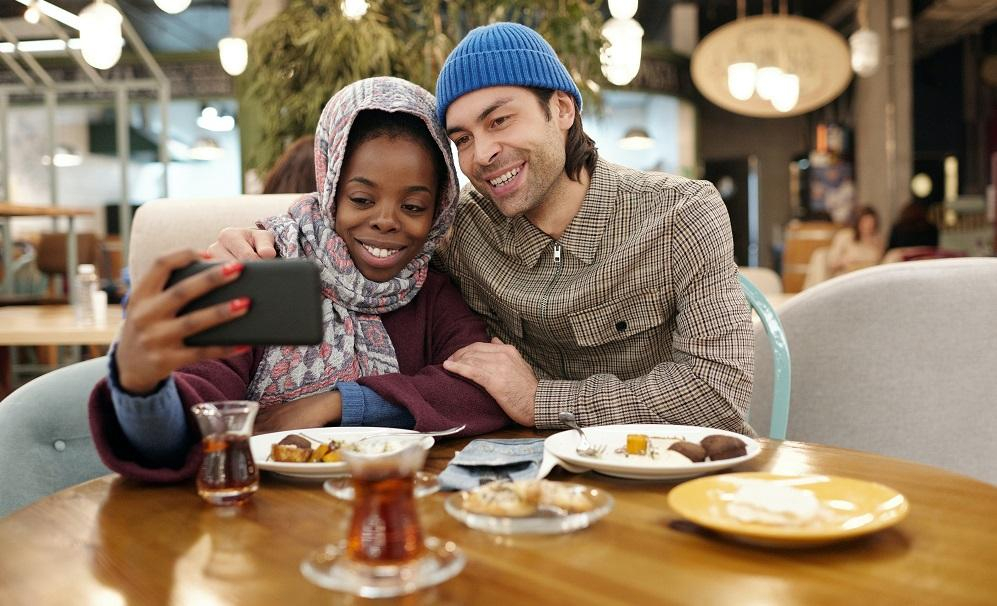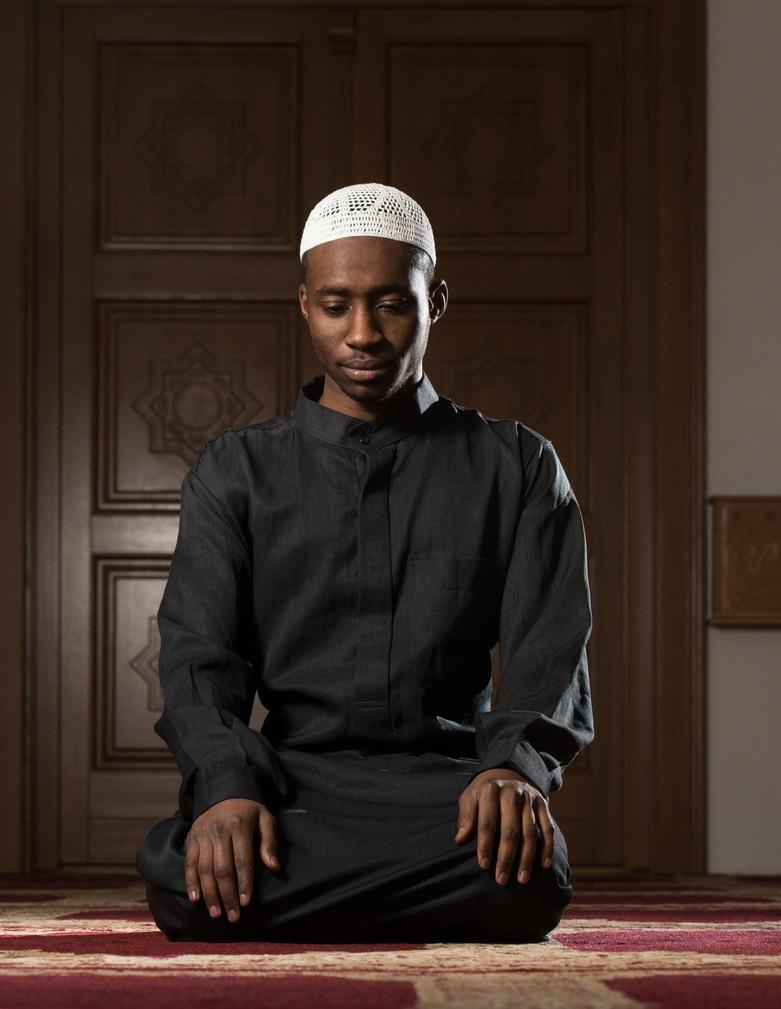What are the Sunnahs of Eid? How Do We Pray Eid Salah at Home?
Faith
|
May 20, 2020
|
6 MIN READ

By Danah Shuli
It’s hard to believe that we are in the final days of Ramadan. While many of us were unsure about how it would unfold given the current global COVID-19 pandemic and sheltering-in-place so many of us are doing, I think it’s safe to say that Ramadan 2020 has been a unique experience that forced us to think outside of the box in how we worship during Ramadan and the traditions we are so very used to.
From experiencing a more intimate Ramadan in the comfort of our homes and connecting with Allah (S) on a personal level, to not rushing to eat iftar to make it in time for tarawih at our masjid and instead praying it at home to even partaking in beautiful online qiyams – Allah (S) has shown us His mercy in so many different ways this year despite the chaos surrounding us. Alhamdulillah.

Image source: Pexel
Although we may have adapted to this new Ramadan normal (with a mixed bag of experiences reflected here and here), I am sure we are all feeling a sense of uncertainty about how we will make the most of Eid ul Fitr in quarantine. How can we make it special at home when many of us are used to Eid being a large community prayer and event? If we take a closer look into the life of our beloved Prophet Muhammad (saw) we will see that he has laid out the foundation for celebrating a joyous Eid that can be done from home by following his sunnahs.
The Sunnahs of Eid
Saying Takbir:Takbirat ul Eid are an initiation of Eid. Hearing these takbirs signals that the days of Eid have begun. Repeating Takbirat Ul Eid is a sunnah that starts on the night of Eid (the evening before Eid day) after Maghreb prayer. The Prophet Muhammad (saw) would start reciting the takbirat after praying Maghreb and throughout the morning, after Fajr until the time of Eid prayer. Reciting the takbirat is also a form of glorification and gratitude to Allah (S) for His guidance and aid in completing the “prescribed period” mentioned in Surah Al-Baqarah:
“The month of Ramadhan [is that] in which was revealed the Qur'an, a guidance for the people and clear proofs of guidance and criterion. So whoever sights [the new moon of] the month, let him fast it; and whoever is ill or on a journey - then an equal number of other days. Allah intends for you ease and does not intend for you hardship and [wants] for you to complete the period and to glorify Allah for that [to] which He has guided you; and perhaps you will be grateful.” [2:185]
It is also part of the sunnah to stay up after Fajr (as it is everyday) and continue making the takbirat while beautifying and preparing your home for the Eid festivities. My fondest memories of Eid growing up was waking up early to the smell of homemade Eid cookies, the calming melody of the takbirat, the earthy aroma of incense and bold Arabic coffee filling each room and my mother and father’s warm embrace. Now with a family of my own, reciting the takbirat after Maghreb prayer and seeing my kids play throughout the house as we get ready in the morning has been a tradition and sunnah I strive to maintain.
Performing ghusl and looking your best: As is the sunnah of getting ready for Jumu’ah (Friday prayers), it is also the sunnah of our beloved Muhammad (saw) to take a bath or perform ghusl in preparation for Eid. Cleanliness is a cornerstone of our faith – whether that’s making wudu, performing ghusl in order to pray after intimacy or a women’s menstrual cycle, clipping your nails and taking a bath for Friday prayers and even washing the body of those who have passed before their burial.
Taking the extra time to groom ourselves in preparation for Eid should still hold the same importance, whether or not we will be celebrating in congregation or within our nuclear families at home.
It was narrated by Ibn Abbas (ra) that the Prophet Muhammad (saw) used to take a bath on the day of Eid ul Fitr. [Ibn Majah] It is from the sunnah to adorn ourselves in the best, and cleanest, clothing we have for Eid. This does not mean that we have to necessarily buy new clothes, however the garments that we wear for Eid should be special. They should be clean and new in a sense that they are not worn everyday. Men are encouraged to wear musk or cologne before heading out to Eid prayer.
It was narrated by Jaabir (rah) that the Prophet (saw) had a cloak which he would wear on the two Eids and on Fridays. [Saheeh Ibn Khuzaymah, 1756]

Photo by Jack Sparrow from Pexels.
Breaking fast before Eid prayer: Eid ul Fitr is a celebration of feasting after we have obeyed the commandments of Allah (S) to fast the month of Ramadan. Hence, it only makes sense that we mark this day by eating early in the morning to signify that we are no longer fasting. It is from the sunnah of the Prophet (saw) to eat an odd number of dates before praying the Eid prayer.
It was narrated by Anas Ibn Malik (raw) that the Prophet Muhamad (saw) used to not go out on the morning of Eid ul-Fitr until he had eaten some dates, of which he would eat an odd number. [Bukhari 953]
A tradition that I’ve picked up from my mom is to have all of the Eid cookies or Ka’ak/Maamoul (in the Middle East they are traditionally made out of flour, semolina, or a blend of both stuffed with dates) laid out early in the morning, or the night before, on the dining room table alongside Arabic coffee or your hot beverage of choice. This way we would have ka’ak on our way out to prayers as our breakfast for the morning of Eid. We all have rich food traditions from our different cultures – be sure to enjoy yours before your Eid prayers!
Offering congratulations: Fasting and practicing deep spiritual reflection and worship for an entire month is a huge accomplishment that should not be swept under the rug or taken lightly. It is from the sunnah to congratulate one another on a job well done! We all worked hard during Ramadan, regardless of what that may have looked like for each one of us, depending on our individual circumstances.
Eid ul Fitr is a celebration of that hard work and devotion. There are many forms of good wishes that can be exchanged during Eid such as Taqabbala Allaah minna wa minkum (may Allah (S) accept good deeds from us and from you) and Eid Mubarak!
Jubayr ibn Nufayr said that when the companions of the Prophet (peace and blessings of Allah be upon him) met one another on the day of Eid, they would say to one another, “May Allaah accept (good deeds) from us and from you.” [Al-Fath, 2/446]
This is an especially easy sunnah to practice whether we are at home or celebrating in public. Make it a family affair and get creative in the ways in which you offer your Eid well wishes this year: Schedule a virtual call with family friends, send a personal text message, make a family Eid video and send it to loved ones, schedule a drive by and offer your congratulations in person while still maintaining a safe distance. You can even decorate your car, and have the kids make Eid banners and posters to hold up while you “visit” your family and friends. The possibilities are endless!

How to Perform Eid Prayer at Home
Although Eid will look different this year, that doesn’t mean we have to miss out on Eid prayer. Did you know that even under regular circumstances, one can perform their Eid prayer at home? Because the conditions of Eid prayer are different from those of Friday prayer (which has to be performed in congregation with a khutbah), Eid prayer can be performed alone or within your family without a khutbah.
Below are some references from the sunnah and Scholars of Islam taken from Sheikh Yasir Qadhi:
The servant of the Prophet (saw), Anas b. Mālik (r ) once missed the Eid prayer in Basrah, so he gathered his family and had one of his household lead them in two rak’ats. And Aṭāʿ b. Abī Rabāḥ (d. 114 AH) said regarding the one who missed the Eid prayer, “Let him pray two rak’ats and say the takbīrs”. Hammād b. Abī Sulayman (d. 120 AH), the famous scholar of Kufa and teacher of Abu Ḥanīfa, said when asked the same question, “He should pray as they prayed, and do the takbīrat as they did” [These reports are in the Muṣannaf of Ibn Abī Shaybah, 2/4-5]. All of these reports are regarding those who missed Eid for any reason. Notice that the Friday prayer would not be 'made up' like this, and one who misses Friday prays Dhuhr instead.
Sheikh Yasir Qadhi has also published a comprehensive video guide for families at home to perform the Eid prayer together:
1. The Eid prayer has special takbīrat and two rakat total. There are seven takbīrat in the first rak’at inclusive of takbīrat al-iḥrām (the initial takbir that initiates the beginning of your salah), and six in the second rak’at inclusive of the takbīrat al-qiyām (the takbir that initiates the beginning of each rakat done after sujood) - this is the position of the Ḥanbalī school, and Ibn Taymiyyah.
2. Differences in madhab: Note that Shafi’is say seven not including the takbrat al-ihrām (that would make eight total); the Ḥanafis say four takbīrat inclusive of iḥram and qiyām for both rak’ats.
3. The Eid khutbah, as mentioned above, is not a requirement of the prayer, hence there is no need to give one. In fact, all four schools of law state that the khuṭbah of Eid is not obligatory. In the report above, Anas (r) merely prayed two rak’ats and didn’t ask his servant to deliver a khuṭbah. Alternatively, it would be allowed for masjids to broadcast Eid khuṭbahs. All families could pray their individual congregational prayers at a given time; then, after they finish their own Eid prayers, they can listen to a khutbah broadcast live from their masjid as a general reminder.
Here's another great step-by-step breakdown and video of how to pray Eid salah at home.
And, as always, Allah (S) knows best.
Given our current situation, observing all of the sunnahs of Eid and then praying a congregational prayer at home with one’s family is one of the best ways we can make Eid ul Fitr special. In fact, we should enjoy and partake in the sunnahs of Eid to mark a joyous end to Ramadan.
From all of us at Haute Hijab, we wish you and yours a blessed Eid ul Fitir and May Allah (s) accept from us and from you our good deeds and worship. Eid Mubarak!
Subscribe to be the first to know about new product releases, styling ideas and more.
What products are you interested in?

